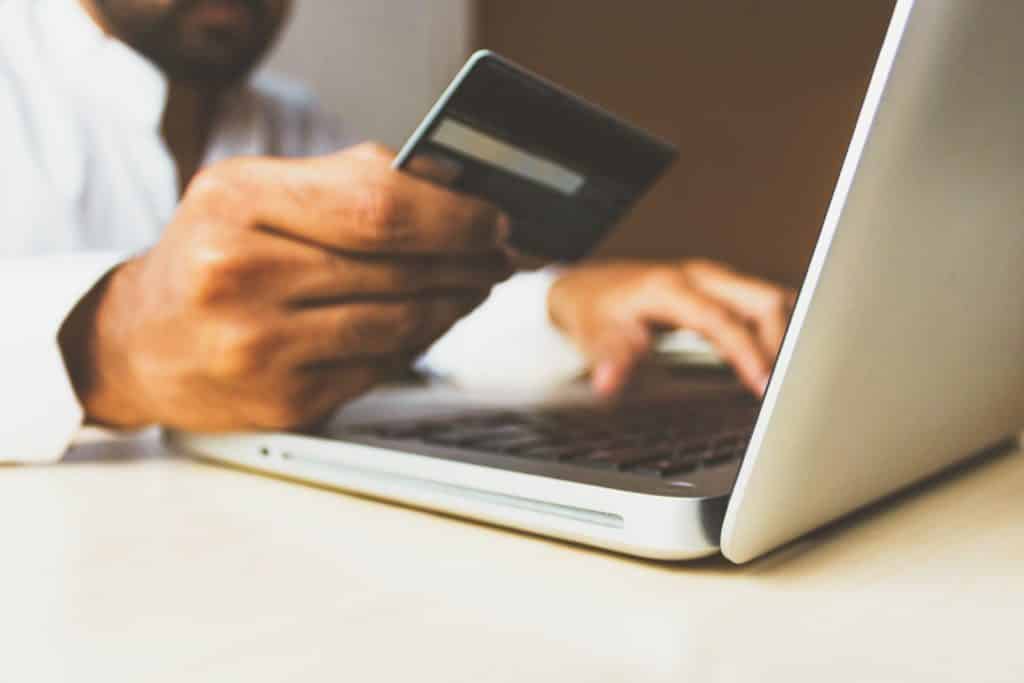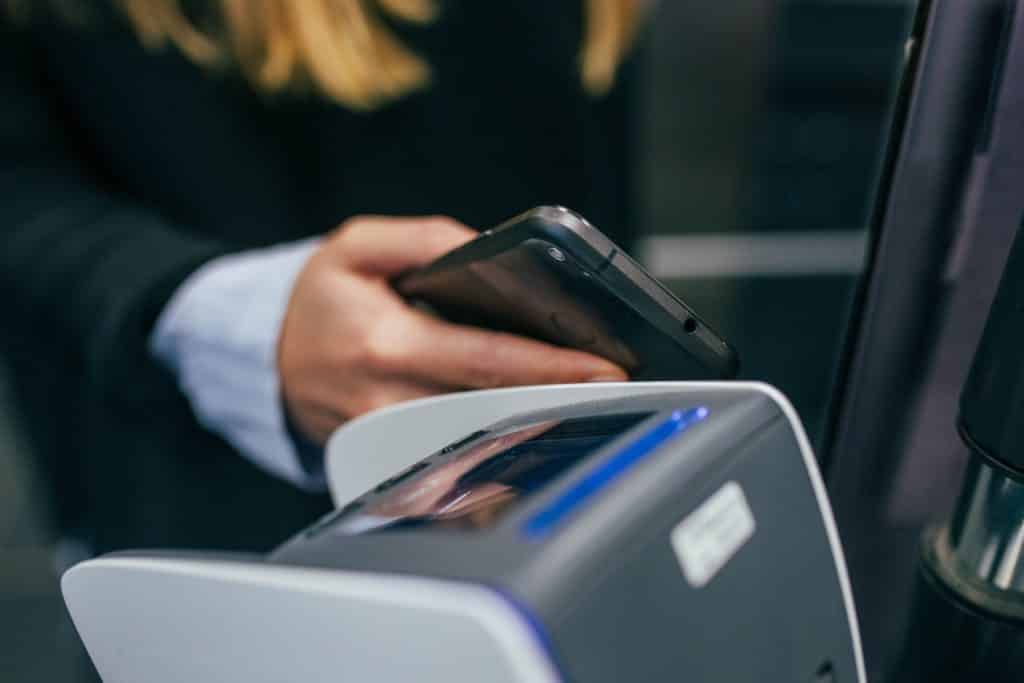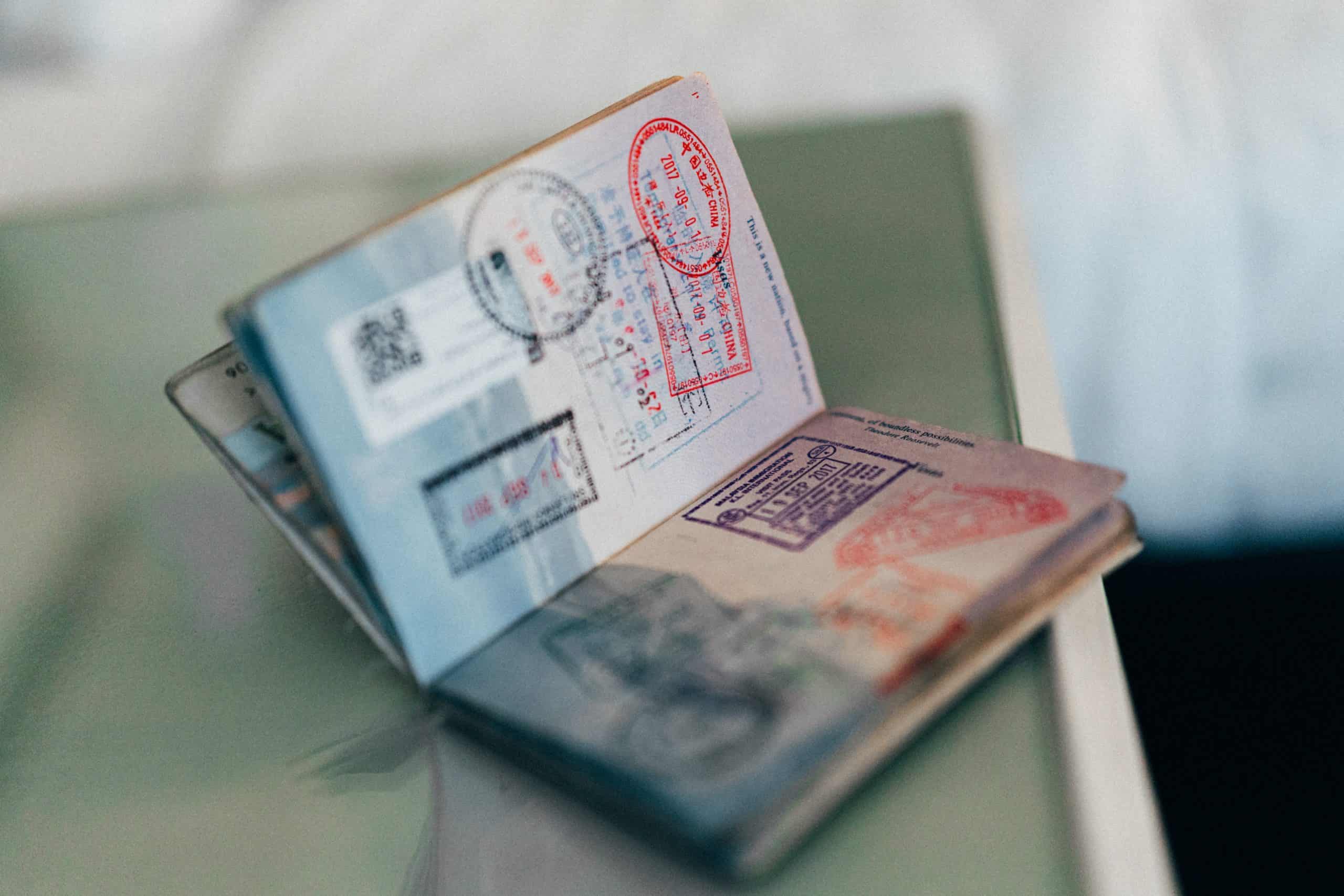Sweden, just like the other Scandinavian countries, is progressive when it comes to banking efficiency. The banking sector is very critical in the surveillance of the country’s financial market. As a result, all the registered banks always work around the clock to ensure that they provide the best services to the customer convenience.
One thing that will strike you when you get to Sweden is the fact that cashless transactions are the order of the day. Rarely will you find places that accept cash. For the operations of cashless transactions to work for you, you must obviously have a bank account which acts as a reserve from where money is deducted any time you need to spend.
No employer in Sweden will agree to make payments of your salary in cash. Bank accounts help the tax authority to follow up in case of issues such as tax cheating, fraudulent transactions or any disputes of whatever nature related to money.
Banks in Sweden
For a population of 10.23 million (according to the 2019 census), Sweden has more than 120 banks spread across its cities. The banks are located at convenient locations to ensure that at any time, customers are able to access whatever services they may need. Some of the popular banks in Sweden include:
- Nordea Bank AB.
- SEB Bank.
- Svenska Handelsbanken AB.
- Swedbank AB.
- Forex Bank.
- Nordnet Bank.
- Ikano Bank.
Check this article about private loans in Sweden.
Banking hours in Sweden
Banking in Sweden has made great steps in minimizing the need for direct one on one interactions between service providers and the customers. Each of the banks have their own netbank where customers perform whatever transactions whenever they need to without having to visit the banking hall. Again, the automated teller machines located at strategic places around the cities allow self-deposits and withdrawals at any time of the day.
In the event that you need a one on one service from the banks in Sweden, the timing must be very constraining. Banks in Sweden open late and close early. Normal bank opening hours in Sweden run from 10:00am to 3:00pm from Monday to Friday.
Opening a bank account in Sweden
When you are in Sweden, it is almost obvious that having a bank account is a matter of necessity rather than luxury. It is only when you register for and set a bank account running that it will be possible to enjoy the wide range of services available to customers.
The documents required to open a bank account in Sweden include Swedish personal number and a Swedish identity card. With these, it will be possible to have an account registered for you in Sweden. You will simply fill out personal information, financial expectations and that will be it.
Considerations when opening a Bank account in Sweden
As there are not so many differences in the operations of banks in Sweden, a few variations do exist and they may just be the right things to look for. The small extra thing that a bank does to entice and attract their customer will make them stand out for you as well as contribute to your general satisfaction.
Look out for what the banks charge in account maintenance, interest rates on loans, accessibility of loans, service fees and any other expenses that may come when you operate the account. Also, check how the NetBank options given by the banks operate. Maybe some are not already well developed or less progressive in adapting new solutions.
Credit and Debit Cards in Sweden
As already mentioned, Sweden is a cashless society. Traders, residents and all service providers will not accept any cash payments. You will have a credit card or debit card linked to your bank account. It is these cards that you will use on a day to day basis when you need cash or make payments whichever is the case.
Debit cards are issued by commercial banks in Sweden after you open an account with them. You will just order for a credit card and it will be processed as soon as possible. Debit cards allow you to perform a wide range of transactions, withdraw or deposit cash at the ATM points all across Sweden.

In Sweden today, stores encourage payments using contactless cards. With contactless cards, you just hold the card above the scanner and it will register a cash deduction from your account. The cards will be accepted in shops, museums, restaurants and other points of payment.
Credit cards in Sweden are issued by banks as well as other registered financial institutions. However, it is good to decide whether you need to get a prepaid credit card or one linked to your account (post-paid credit card).
Prepaid credit cards are easier to operate with less paperwork that comes along with maintaining it. The prepaid cards are also easy to get. With a swedish bank account, it is easy to operate your credit card without incurring any international fees. It is also important to check through the profile of the credit company, the terms and conditions as well. It is better to check everything closely before deciding which credit card issuer to go for since it is better safe than sorry. Take your time to compare credit cards in Sweden.
Foreign cards in Sweden
However, major credit cards from outside Sweden are acceptable in Sweden. You can use the credit cards at banks, hotels, stores, and restaurants. They are also usable for taxis, car renting, and buying travel tickets. There may be a few restrictions about using American Express.
The costs incurred when you use your credit card in Sweden depends on the agreement you made with the card issuer at the point of registration. In most cases, using a credit card outside the country it is issued attracts some charges which you have to be aware of at all times.
Mobile payments in Sweden

Integration of a mobile payment system which is linked to an individual’s bank account is a key development that banks in Denmark have embraced in recent times. To get this working you will need a mobile subscription of course. With a mobile app called Swish, you can simply scan the payment code and the money is deducted directly from your bank account. You just download the app from your play store or AppStore, install it and customize using your Bank ID which is connected to your social security number (SSN).




